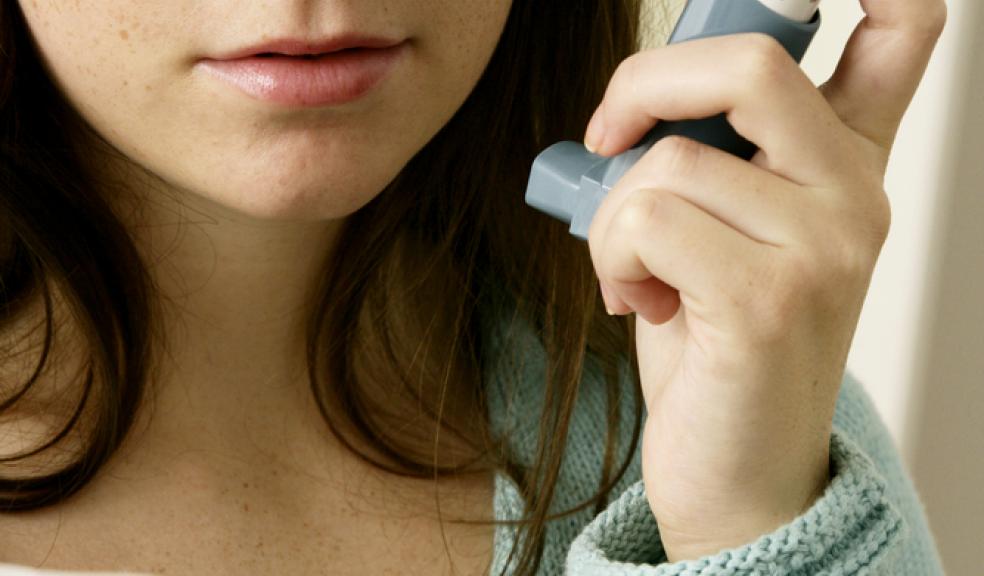
Don't let asthma hinder exam success
As we approach exam season Asthma UK is urging parents and students to take preventative steps to ensure their asthma doesn’t hinder their exam success as research shows that having a diagnosis of asthma means they are 30% more likely to drop a grade between mock and final exams.
More than 1 million children have asthma in the UK – around 2 in every classroom – and 4 in every 52 people with asthma also have hayfever, putting them at increased risk of a potentially fatal attack. Research shows that there are peaks in hospital admissions for asthma one to three days after high pollen levels have been recorded, typically in the summer months, during exam season3.
Research also shows that children who experience hayfever symptoms while taking their GCSE exams are 40% more likely to drop a grade between their mocks and final exams. This figure rises to 70% if taking antihistamines with sedative effects1. Asthma attacks rarely appear out of the blue, but far too often people with asthma do not recognise the warning signs of an asthma attack4, especially when the symptoms of asthma and hayfever are so similar, and both triggered by pollen.
Dr Samantha Walker, Director of Research and Policy at Asthma UK and who conducted the research, says: “It might seem early to be talking about exams and pollen but now is the time to take action as the pollen season starts as early as January. Asthma and hayfever are not trivial conditions, particularly when some people have both; research shows that pollen can trigger potentially life-threatening asthma attacks and it can affect school performance so much so that it can damage your future career prospects. By getting a head start now you should be able to stop symptoms in their tracks, before they appear.”
Asthma UK’s Top Pollen Prevention Tips
- Make an appointment with your GP or nurse now because they can check that you are on the right treatment, that you are taking the right dose, and whether or not you also need other prescription hayfever medicines.
- Don’t wait for your hayfever symptoms to start; you can start taking nasal steroid sprays now, before the peak of the pollen season, adding in non-drowsy antihistamines when symptoms are troublesome.
- The best way to build resilience to any asthma trigger, including pollen, is to take your preventer inhaler daily, as prescribed by your GP or asthma nurse. This medicine helps to stop asthma attacks so needs to be taken every day to have an effect.
- It’s also vital you carry your reliever inhaler on you so that if you do have an attack you can treat it immediately.
- Know the signs that your asthma is getting worse and what to do about it, by filling in or updating your written asthma action plan. You can download one from www.asthma.org.uk
The pollen count is highest early in the morning (and at dusk) so Asthma UK is urging schools to be mindful of this in relation to the timing of exams first thing, and to ensure students who do have hayfever and/or asthma are seated away from open windows, and are allowed to carry their reliever inhaler on them or have easy access to one. One in every 12 children has asthma in the UK and schools have a duty of care under the Children and Families Act 2014 to support children with medical conditions. In addition, since the 1 October 2014, schools have also been allowed to keep an emergency spare inhaler in their first aid kit.
For more information about how to prevent asthma and hayfever affecting exam performance, please visit http://www.asthma.org.uk/advice-exam-protection-plan. You can also get confidential information, advice and support about asthma by calling Asthma UK’s Helpline on 0800 121 62 44.











